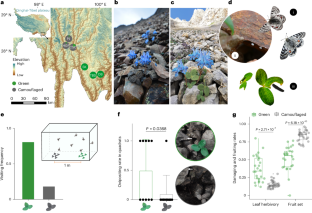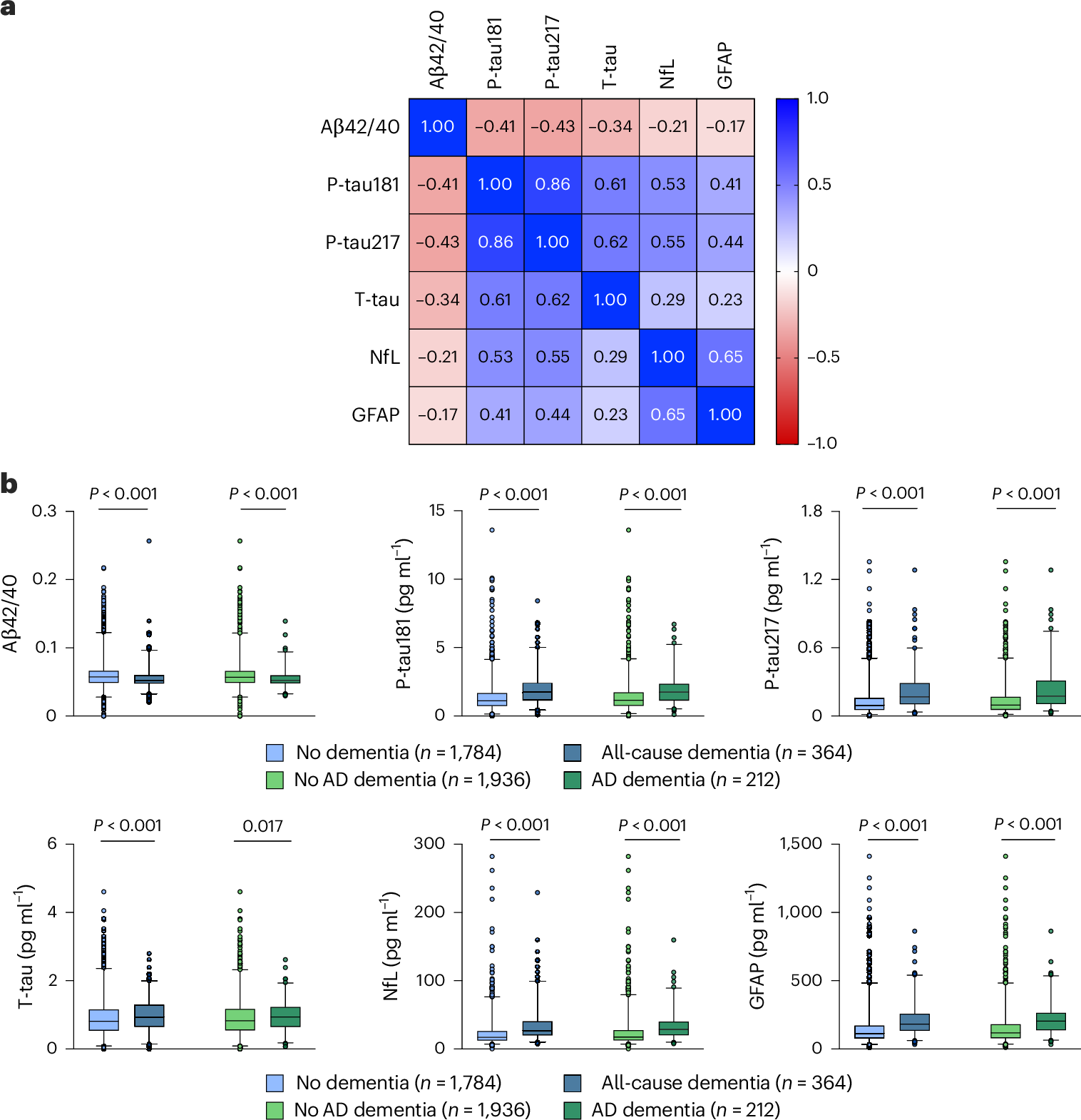2025-04-02 カーディフ大学
<関連情報>
- https://www.cardiff.ac.uk/news/view/2906809-a-good-mood-helps-covid-19-vaccines-work-better
- https://www.sciencedirect.com/science/article/pii/S0889159125000972
mRNAによるSARS-CoV-2ワクチン接種に対する抗体反応の心理的相関: 前向き観察コホート研究 Psychological correlates of antibody response to mRNA SARS-CoV-2 vaccination: A prospective observational cohort study
Kieran Ayling, Hannah Jackson, Ru Jia, Simon Royal, Lucy Fairclough, Kavita Vedhara
Brain, Behavior, and Immunity Available online: 11 March 2025
DOI:https://doi.org/10.1016/j.bbi.2025.03.011

Highlights
- Antibody responses to COVID-19 vaccines vary between individuals considerably.
- Clinical and demographic factors only partially explain this variability.
- Psychological correlates of COVID-19 mRNA vaccines not previously known.
- Depression and positive mood associated with responses to COVID-19 mRNA vaccines.
- Developing non-pharmacological adjuvants remain salient for newer mRNA vaccines.
Abstract
Background
Vaccines fundamentally changed the course of the COVID-19 pandemic, saving > 14 million lives within a year. However, vaccine-conferred protection showed inter-individual variability, with many identified correlates of protection (e.g., age) not amenable to change. This prospective observational cohort study examined whether modifiable psychological factors (depressive symptoms, anxiety, perceived stress and positive mood), which predict antibody responses to other vaccines, also influenced the effectiveness of COVID-19 vaccines. We focussed on novel mRNA vaccines as these conferred greater clinical protection and psychological correlates have not been investigated in these vaccines previously.
Methods
One-hundred and eighty-four adults attending a mass-vaccination centre in the UK received a two-dose BNT162b2 mRNA SARS-CoV-2 vaccine course, completed validated psychological measures, and provided blood samples prior to vaccination and 4 weeks following the second vaccine dose.
Results
In separate linear regression models controlling for pre-vaccination antibody levels, demographic and clinical factors, higher levels of depressive symptoms (β = -0.15 [95 % CI: -0.30, -0.01], p = 0.041, partial f2 = 0.009) and lower levels of positive mood (β = 0.16 [95 % CI: 0.01, 0.30], p = 0.036, partial f2 = 0.011) were significantly associated with lower SARS-CoV-2 spike-specific antibody levels following vaccination. No significant relationships were observed between measures of anxiety or perceived stress and antibody responses.
Conclusions
Lower levels of depressive symptoms and greater positive mood were associated with larger antibody responses following mRNA SARS-CoV-2 vaccination in a community sample attending for their first course of COVID-19 vaccinations. As both are amenable to change, they could offer mechanisms for enhancing vaccine effectiveness particularly among populations at greater risk of vaccine failure.


